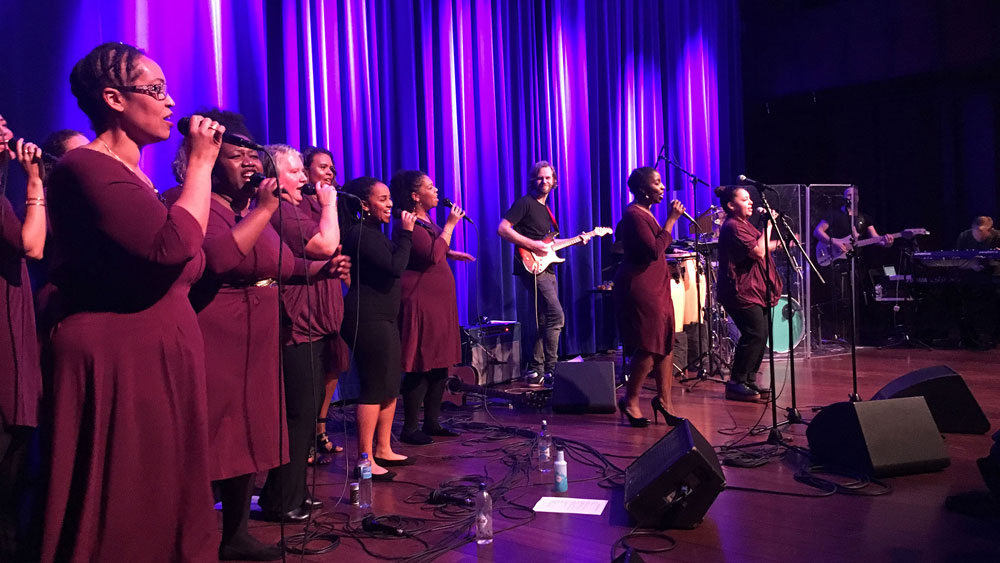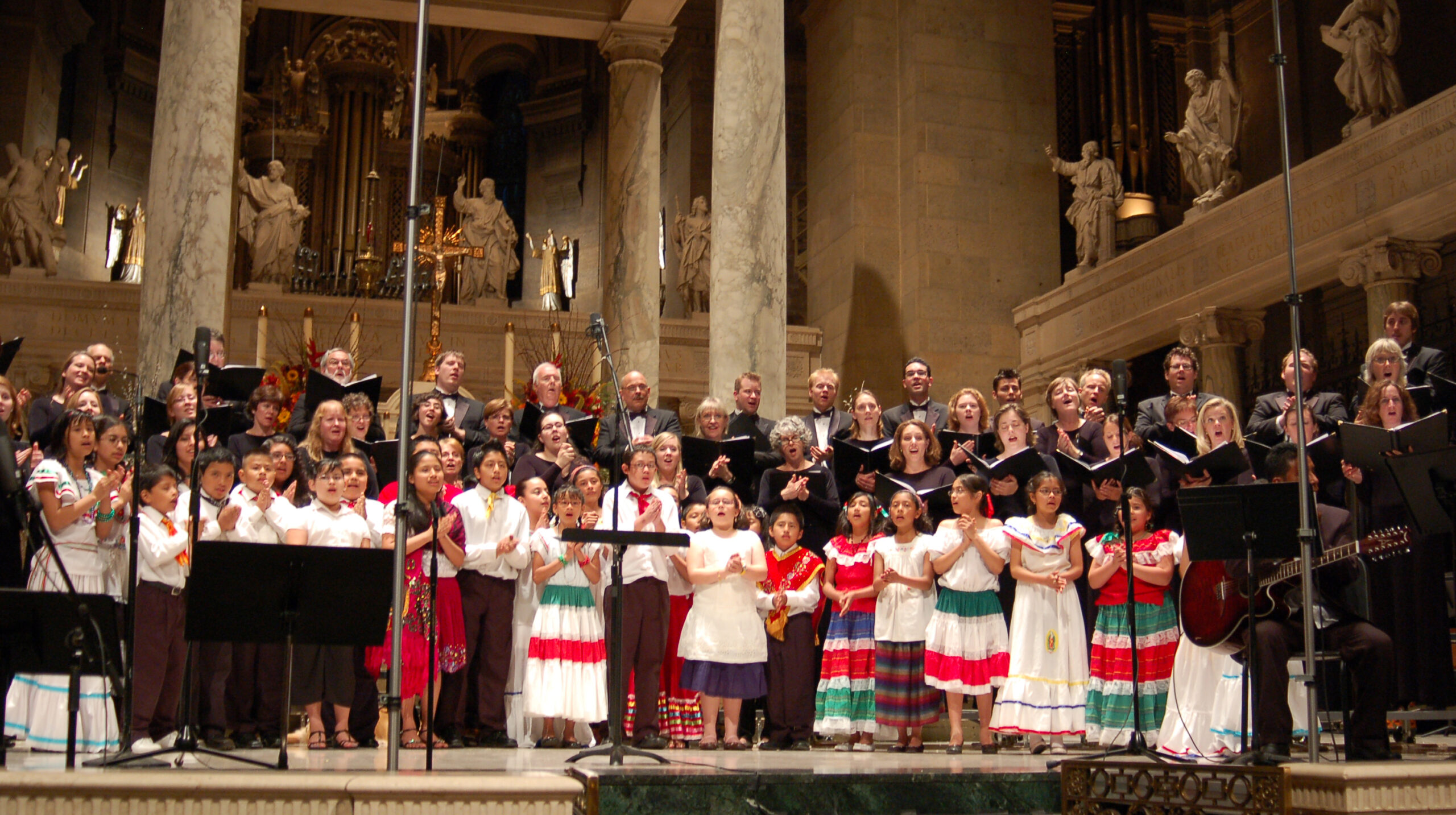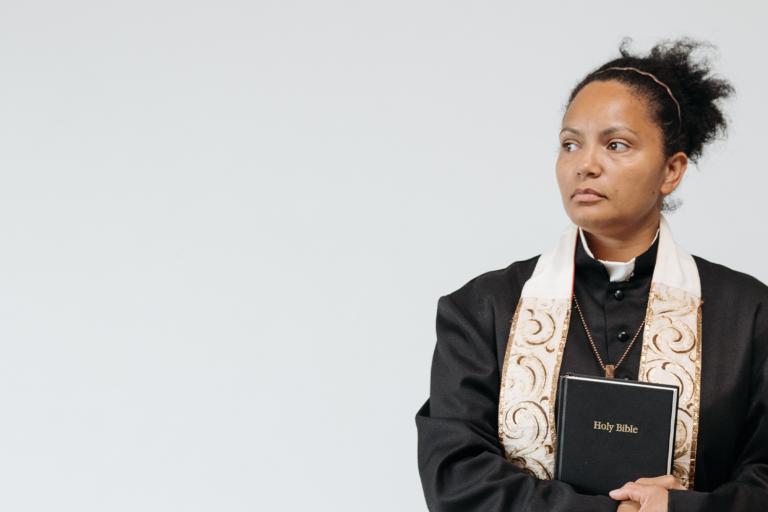Development & History of the Project
In 2018, Wesley Theological Seminary entered into a discussion with leaders of the Lilly Endowment, Inc. about the potential for a multiple year study of the “religious workforce”. At the time, the workforce was understood to mean both those who are paid and unpaid staff or significant volunteers working in Christian congregations.
That year, Wesley Theological Seminary and its Lewis Center for Church Leadership was awarded a planning grant to prepare a multi-year research grant application. This period of preparation included both individual and group consultations with leading scholars and denominational leaders on a range of subjects including previous congregational studies, finance and labor economics, and research methods. At the end of that year, The Lewis Center submitted a proposal for what is today The Religious Workforce Project. In the spring of 2019, The Lewis Center was awarded a $2 million grant by the Lilly Endowment, Inc. to fund this groundbreaking research initiative.
The Religious Workforce Project began that summer with the appointment of Tim Snyder as Senior Researcher at The Lewis Center for Church Leadership and principal investigator. In early fall, the project added Amy Kubichek as Research Associate and lead analyst for the meta-analysis study. Also that fall, the project initiated a pilot study to test select research processes and methods described in the original proposal. The pilot project provided the opportunity to refine many of the procedures and research instruments. Led by Lovett Weems, the Project began building key relationships across US denominations and church leadership networks.
In early 2020, the Religious Workforce Project named a distinguished group of scholars and other institutional leaders to its Advisory Group.
Through a new partnership with American University, the Project’s “DMV Study” received “exempt status” from its Institutional Review Board (documentation under Qualitative). The qualitative study began recruitment in February 2020 but was forced to suspend all research activities in March 2020 due to the Covid-19 pandemic. Throughout the pandemic, the meta-analysis has continued to build relationships and secure formal data-sharing agreements.
After consultation with members of its Advisory Group in the summer of 2020, the qualitative study resumed research activities in September with new measures to protect researchers and participants. All research activities were conducted using video conferencing or under strict safety protocols.
In May 2022, Timothy Snyder, Ph.D., left the project to take a new position. Deborah Coe, Ph.D., assumed leadership for the qualitative research, along with the addition of two research assistants. Dr. Coe most recently directed the research team at the Evangelical Lutheran Church in America (ELCA) based in Chicago and prior to that was the Director of Research for the Presbyterian Church (USA).
By 2023 the research team has moved to the analysis and report writing phase of their work.





